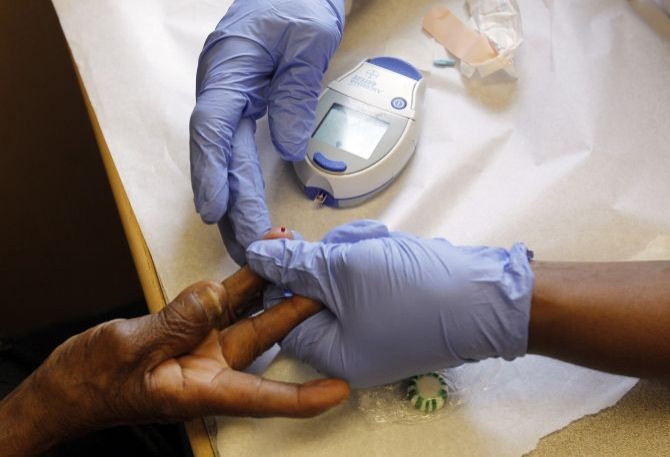Diabetes Drugs Linked To Symptoms That Lead To Cancer

Medications sold by Merck & Co. and Bristol-Myers Squibb Co. to treat diabetes has been shown to double a patient's risk for pancreatitis, an inflammatory condition of the pancreas. This inflammation has been linked to kidney failure and pancreatic cancer, which has one of the lowest survivability of all cancers.
Reports indicate that patients that were admitted to hospitals were twice as likely to be taking Januvia or Byetta than other diabetics who were in the hospital for the same condition.
The study looked at 1,268 diabetics who entered the hospital with pancreatic inflammation who were on the medications and the same number that were not taking the drugs.
Both Januvia and Byetta increase the amount of GPL-1 in the body either by blocking its breakdown or being similar to the hormone the body makes. GPL-1 is a hormone that tells the pancreatic cells to produce more insulin in order to control blood sugar levels.
"This is the first real study to give an estimate of what the risk is, until now we just had a few case reports," said Sonal Singh, the study's author and an assistant professor of medicine at Johns Hopkins University in Baltimore. "These drugs are effective in lower glucose, but we should also consider the risk of pancreatitis and balance the risk versus the benefit."
In 2007, the US Food and Drug Administration received reports of a record number of patients reported to have pancreatitis while taking Byetta. A similar report was issued in 2009 for the similar drug, Januvia.
"We really need to know more about these drugs as pancreatitis is on the pathway to pancreatic cancer," Said Dr. Singh said concerning the cancer risk.
The report published in the Journal of the American Medical Association: Internal Medicine can be found here.



























